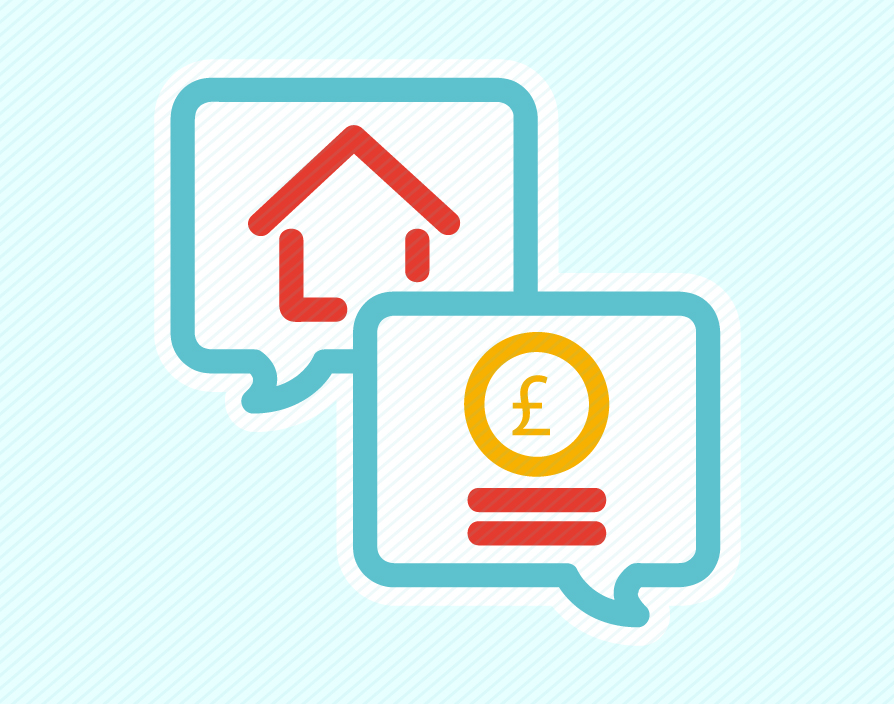Selling a business is potentially one of the most important and financially rewarding events in your working life. Understanding exactly what your franchise resale options are allows you to plan and execute the sale, maximising how attractive your business is to potential buyers – and therefore its value.
Check the franchise agreement
First of all, it is essential to check the terms of your franchise agreement. Most agreements will include terms of business exits and it’s vital that you keep to these terms and avoid any pitfalls. There may be fees and rights involved or trading restrictions that might restrict your post-sale options or business valuations.
Keeping an open dialogue with your franchisor regarding your intentions throughout the sales process is key. It’s likely that they will have contacts and knowledge of previous successful franchise transitions and could assist in the process. Bear in mind that any buyer will have to meet the same criteria you did and that the franchisor will more than likely get the final say on many aspects of the sale, such as who can buy the franchise.
Get your financials in order
The first thing you should do is to speak to your accountant. They can ensure that your accounts are in order and in a healthy state, as well as making sure the business is presented to make it as attractive as possible to a buyer.
You don’t get a second chance to make a first impression on potential buyers, so allowing an expert to ensure you are presenting your business in the best possible light from the start is a valuable investment. They can also advise you of the best ways to prepare for selling the franchise at the highest price. It’s never too early to think about your exit plan: the more time you can allow to sell the business, the better prepared you can be.
This stage should not be about cosmetic fixes, as a buyer will simply see through these when they carry out their due diligence. Instead, it’s far more productive to maximise your business’s value through genuine and effective efforts to improve operations. Try to foresee places where there may be issues – such as key staff or clients without contracts – and pre-empt and take steps to prevent problems.
How much is your business worth?
This is a tricky question to answer. A sale, of course, only exists when both parties agree a price and most often the final figure is a compromise. At the pre-sale stage, the basis of a valuation can take many forms but remember that valuations are not real until they are realised.
Commonly, a business valuer – an accountant, a solicitor or any other third party – will consider the trade and the assets of the business separately. The assets are usually given a price based on their open-market value but the business’s trade can be more difficult to put a figure on. Generally, trade is the ability of the business to maintain a healthy profit or earnings. The value is then calculated based on the application of a multiplier to some key financial figures, such as EBITDA (earnings before interest, tax, depreciation and amortisation) or PBT (profit before tax). The multiplier depends on the business sector and industry but typically ranges from 1.2 to five.
Beyond this, however, a buyer will normally look to ensure everything within the business, including any artificially suppressed costs, is replaced with open-market values. For example, perhaps the director’s skillset will need to be replaced: will their skills, currently paid for primarily through dividends remuneration, need to be replaced by a skilled, salaried member of staff?
Should I sell assets or shares?
Your two main options for selling a franchise are selling the trade and assets or, if available, selling the entity it operates, normally in a share sale. There is no one-size-fits-all, so understanding the figures of each is crucial to deciding which is best for your business. If you’re operating an unincorporated entity – a sole trader or partnership – then selling trade and assets is your only option.
In a trade and asset sale, there is more flexibility as the parties can choose exactly what is purchased – such as equipment and stock. They can also buy the “trade” or the “goodwill” – including things like the business’s reputation. The benefits of this option include the ability for a seller to pick and choose the assets available for purchase and for the buyer to only buy what they are interested in.
In a share sale, however, the business stays exactly the same but with different owners. The seller sells the shares in the company, meaning the buyer buys the entire entity, including all the assets, liabilities and obligations of the business. The main advantage here is clearly in the continuity element for staff, clients and suppliers. However, the buyer also takes on all liabilities and the history of the business, so due diligence on the part of the buyer is particularly key here.
What about tax?
One of the main benefits in an asset sale is that it gives you access, potentially, to tax relief against trading profits, either as a deductible revenue expense or via capital allowances. Goodwill, however, while once allowable, is no longer an allowable expense if created after July 2015. Conversely, a business seller may want you to buy shares of their company as they may be able to avail themselves of tax reliefs, such as Entrepreneur’s Relief, allowing them to pay a lower level of tax on their capital gains.
Maintaining close contact with professionals throughout your sale process is key. They can help you determine the current position of the business, develop an effective exit strategy and assist in your choice of options, ensuring you make the most of any exemptions or reliefs that may be available to you.

Glen Murphy
After honing his banking knowledge and client management skills at NatWest for over six years, Murphy joined accountancy firm Dennis & Turnbull in 2016. In his role as a client relationship manager, he advises businesses owners and franchises on their financial health.

Glen Murphy
After honing his banking knowledge and client management skills at NatWest for over six years, Murphy joined accountancy firm Dennis & Turnbull in 2016. In his role as a client relationship manager, he advises businesses owners and franchises on their financial health.


































